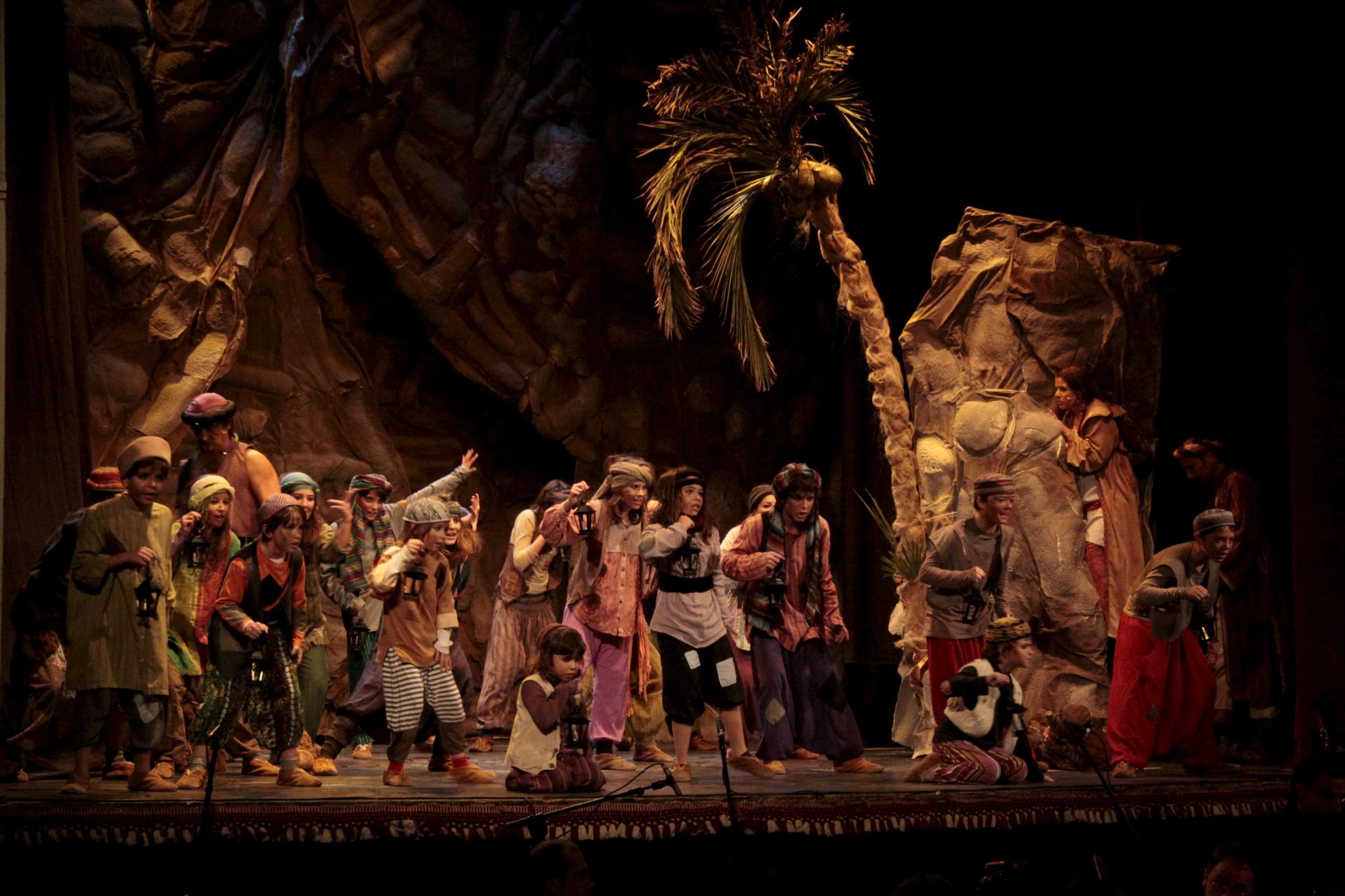Numbers are often used in idiomatic phrases in an apparently arbitrary way and not just in English but also in Spanish, Mallorquín and French. Spaniards say ‘cantar las cuarenta’ (literally, sing the forty) which means to tell someone in very blunt words what you really think of him (or her).
Words and more...
Also in News
- Spain wants Britons to show they have 113.40 euros, £97, per day for their holidays
- Big changes on the horizon when Britons travel to Mallorca
- Over two hours for Britons to get through Palma airport queues
- Palma Airport passport control "collapse" put down to unscheduled flights
- Living in a motorhome in Palma: "It'll only get worse"


No comments
To be able to write a comment, you have to be registered and logged in
Currently there are no comments.